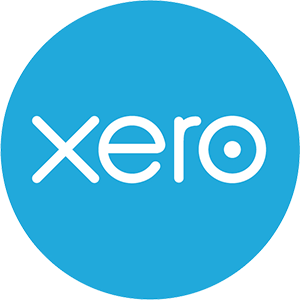2016 Review of Commissioner's Mileage Rates
2016 review of Commissioner's mileage rates
On 4 May 2016, Inland Revenue stated that a recent review of the Commissioner's mileage rate has resulted in a reduction to the rate to 72 cents (from 74 cents for 2015) per kilometre for both petrol and diesel fuel vehicles for the 2016 income year. The reduction is largely due to lower average fuel costs during the 2016 income year compared to the 2015 income year and to some extent more efficient motor vehicles. The 2016 income year for business taxpayers with a standard 31 March balance date runs from 1 April 2015 to 31 March 2016.
Points to note are as follows:
• The Commissioner is required by statute to set a mileage rate for persons whose business travel is 5,000 or less in an income year.
• The mileage rate is set retrospectively for persons required to file a return for business income, so that the rate reflects the average motor vehicle operating costs for an income year.
• Persons who meet the criteria have a choice of using the Commissioner's mileage rate or using actual costs if they consider that the Commissioner's mileage rate does not reflect their true costs. Taxpayers that choose to use actual costs are required to keep records to support any expenditure claimed.
• The Commissioner does not propose to amend the returns for taxpayers who have already filed their 2016 returns using the 2015 mileage rate.
• The Commissioner accepts that employers may use the 2016 vehicle mileage rate as a reasonable estimate of costs when they reimburse employees for the use of their private vehicle for business related travel for a current income year (post-1 April 2016).
• Employers may use an alternative estimate other than the Commissioner's vehicle mileage rate when reimbursing employees for use of their private vehicle for employment related use.



